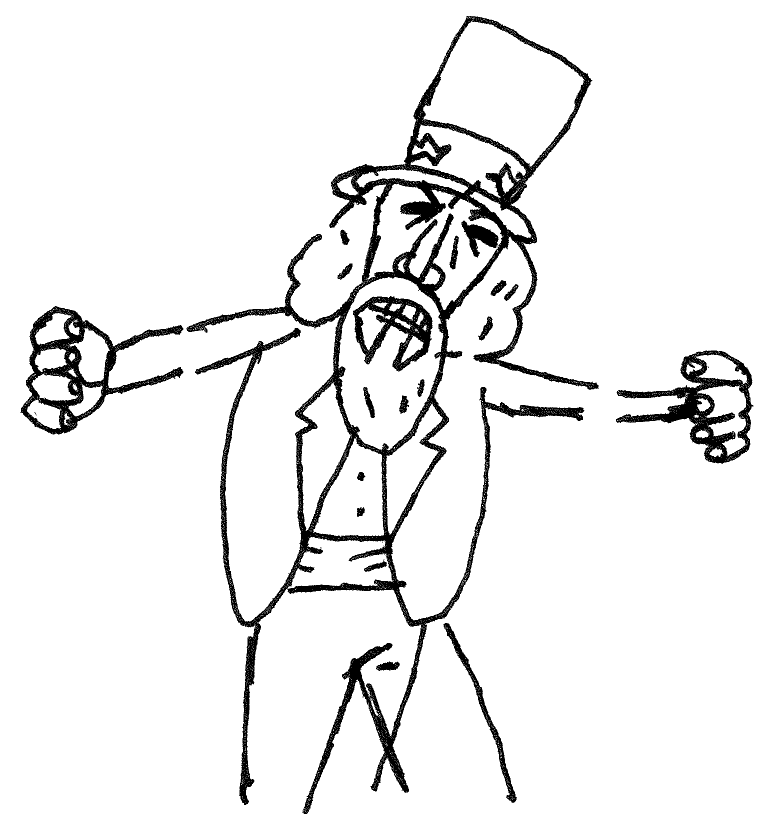What explains America’s hyper-ideological response to the Ukraine crisis? Less than a year before Vladimir Putin launched his invasion, Washington had wrapped up two decades of lousy regime-change wars, waged in the name of planting “freedom” in that region’s inhospitable soil. There was, or seemed to be, broad agreement that liberal moralism in foreign policy stood discredited: It had destabilized whole swaths of the Middle East and North Africa and bogged down America and its allies in the region’s bloody and intricate enmities—and to what end?
Yet now, a few months later, the United States and its NATO allies are once again on an escalatory path, handing billions of dollars’ worth of sophisticated weaponry to Kyiv, deploying covert operatives to assist the Ukrainians, and mounting massive (if so far useless) economic sanctions against Russia. This is a proxy war against Moscow in which Western or Ukrainian victory is an utter fantasy. And yet Washington, it seems, is prepared to fight the Kremlin down to the last Ukrainian. And all this has been done, once again, to win, as President Biden tweeted, “a great battle for freedom. A battle between democracy and autocracy. Between liberty and repression.”
“In persisting in this way, the US-led Western bloc, the world's last ideological empire, will ensure its own demise.”
This Manichaean framing has done the job so far. That is, the foreign-policy Blob has appeared largely successful in using the crisis to breathe new life into the liberal imperium and marshal support for its faltering institutions, not least the Western Alliance. Appearances can be misleading, however. When all is said and done, the war (and the reaction of Western governments) will likely be seen as the liberal ruling class’s collective swan song for the post-1945, ideological world order. As other powers abandon ideology in favor of reasserting national and civilizational claims, the United States and its various clients and satraps remain committed to ideological struggle, to bolstering liberalism—the one modern ideology that survived the previous century’s clash of ideologies.
